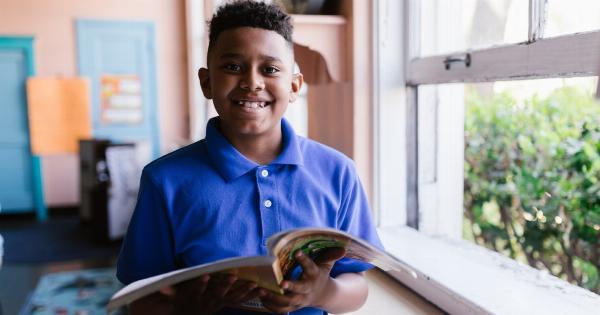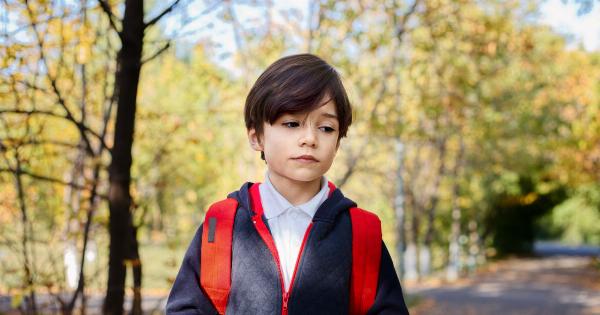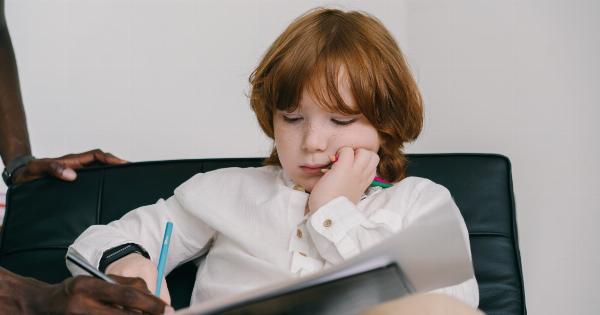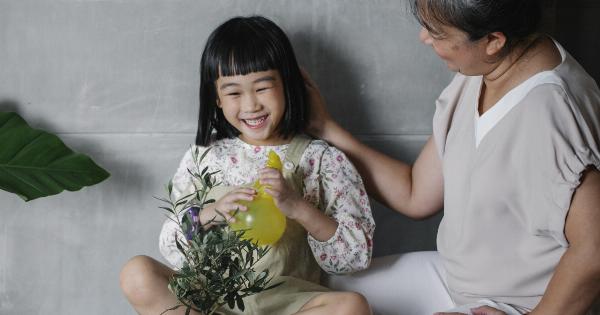One of the most common childhood experiences is playing on the playground. It’s a time where kids can run around, climb, swing, and let out all of their energy. However, for some children, the playground can be a lonely and isolating experience.
The Importance of Play
Play is an essential part of childhood development. It helps children to learn important social, emotional, and cognitive skills. Through play, children learn how to interact with others, solve problems, and express themselves creatively.
One of the best ways for kids to play is on the playground. The playground provides an opportunity for kids to run around, play games, and explore their environment. It’s also a great way for children to interact with others and make new friends.
Feeling Left Out
Unfortunately, not all children have positive experiences on the playground. Many children feel left out or excluded from play activities.
This can be due to a variety of reasons such as shyness, social anxiety, or having different interests than their peers. Whatever the reason, feeling left out can be a painful and isolating experience for children.
Children who feel left out on the playground may experience a number of negative emotions such as sadness, frustration, and even anger. These emotions can have long-lasting effects on a child’s mental health and well-being.
What to Do if Your Child Feels Lonely on the Playground
If your child is feeling lonely on the playground, there are a few things you can do to help:.
1. Talk to your child
The first step in helping your child is to talk to them about how they’re feeling. Let them know that feeling left out is a common experience and that they’re not alone. Ask them to describe what the other children are doing and how they’re feeling.
This can help you to understand the situation better and come up with a plan.
2. Encourage your child to join in
Encourage your child to join in with the other children. Suggest a game or activity that they might enjoy, and ask if they’d like to join in. If your child is hesitant, offer to go with them and introduce them to the other children.
3. Suggest alternative activities
If your child isn’t interested in the activities that the other children are doing, suggest alternative activities such as drawing, reading, or playing with a ball or frisbee.
This can help your child to feel more comfortable and confident on the playground.
4. Talk to the teacher or playground supervisor
If your child is consistently feeling left out on the playground, talk to the teacher or playground supervisor. They may be able to offer suggestions or interventions to help your child become more included in play activities.
Conclusion
The playground is an important place for childhood play and development. However, for some children, it can be a lonely and isolating experience.
If your child is feeling left out on the playground, there are steps you can take to help them feel more included and confident.





























